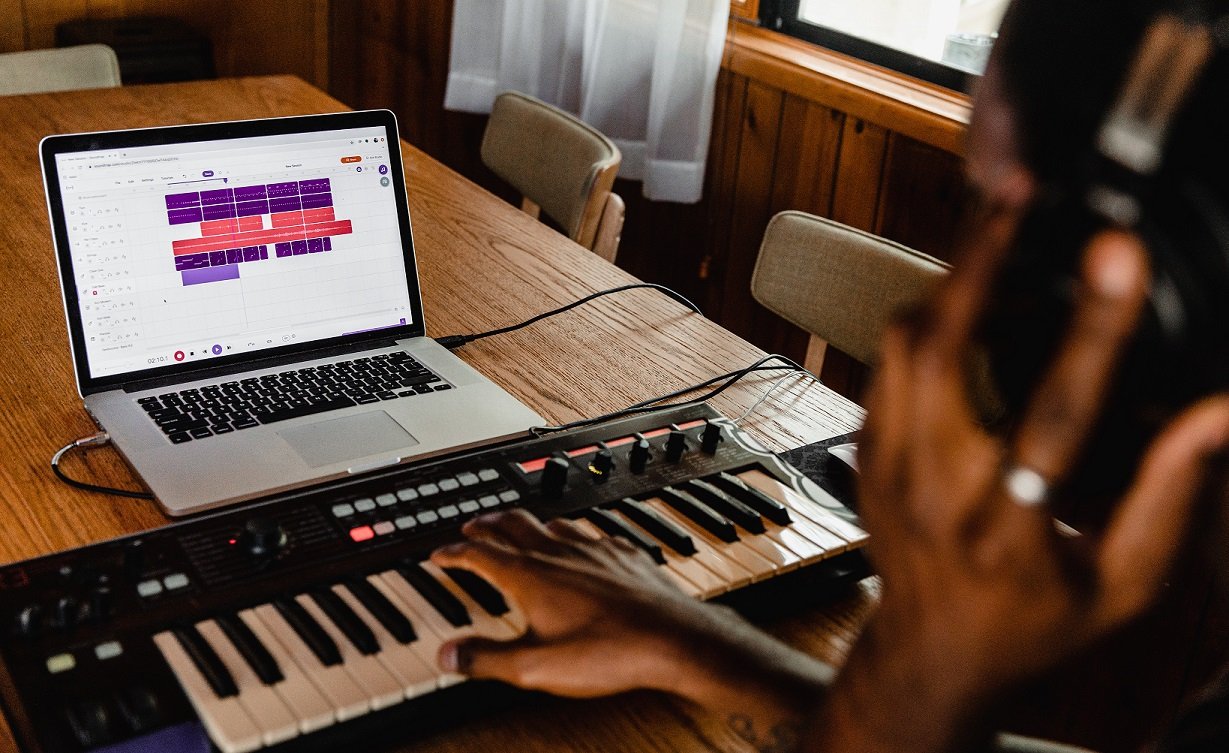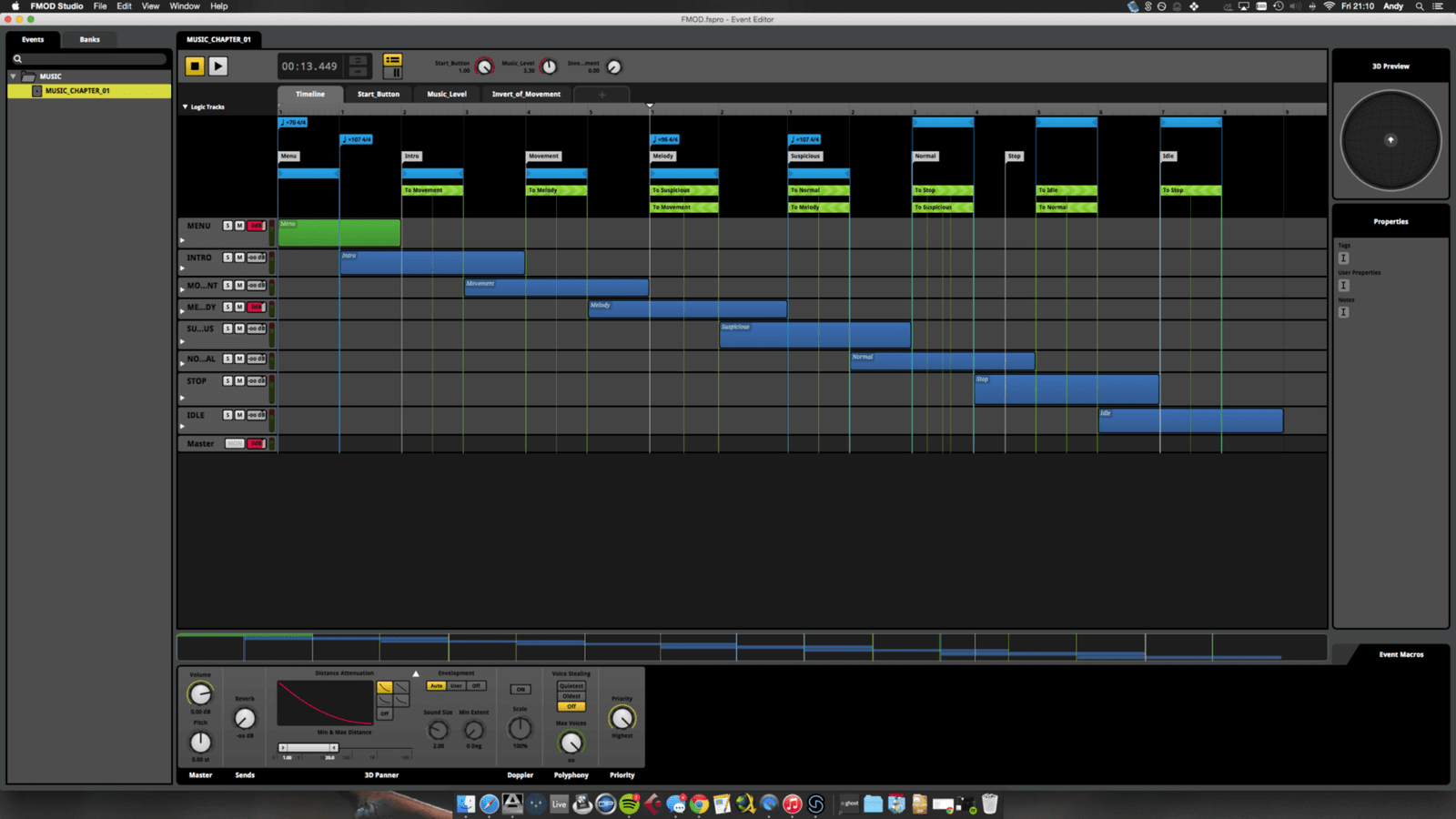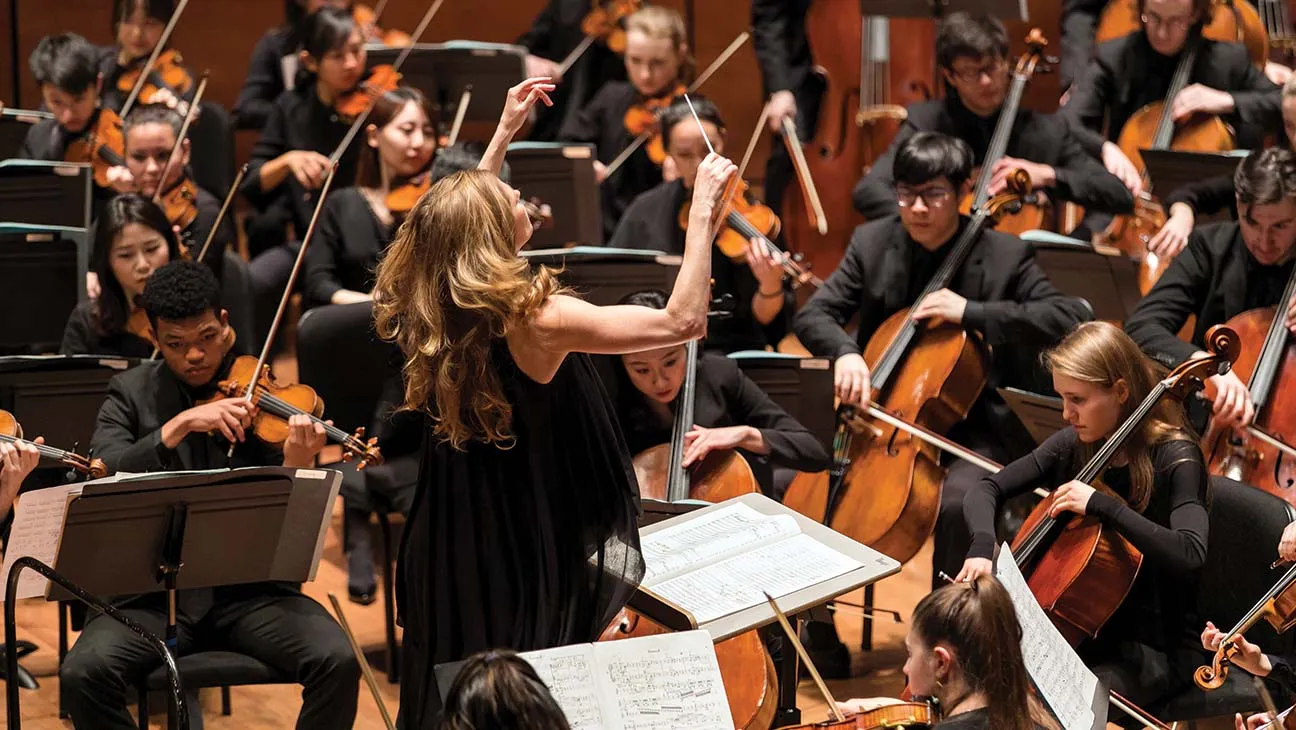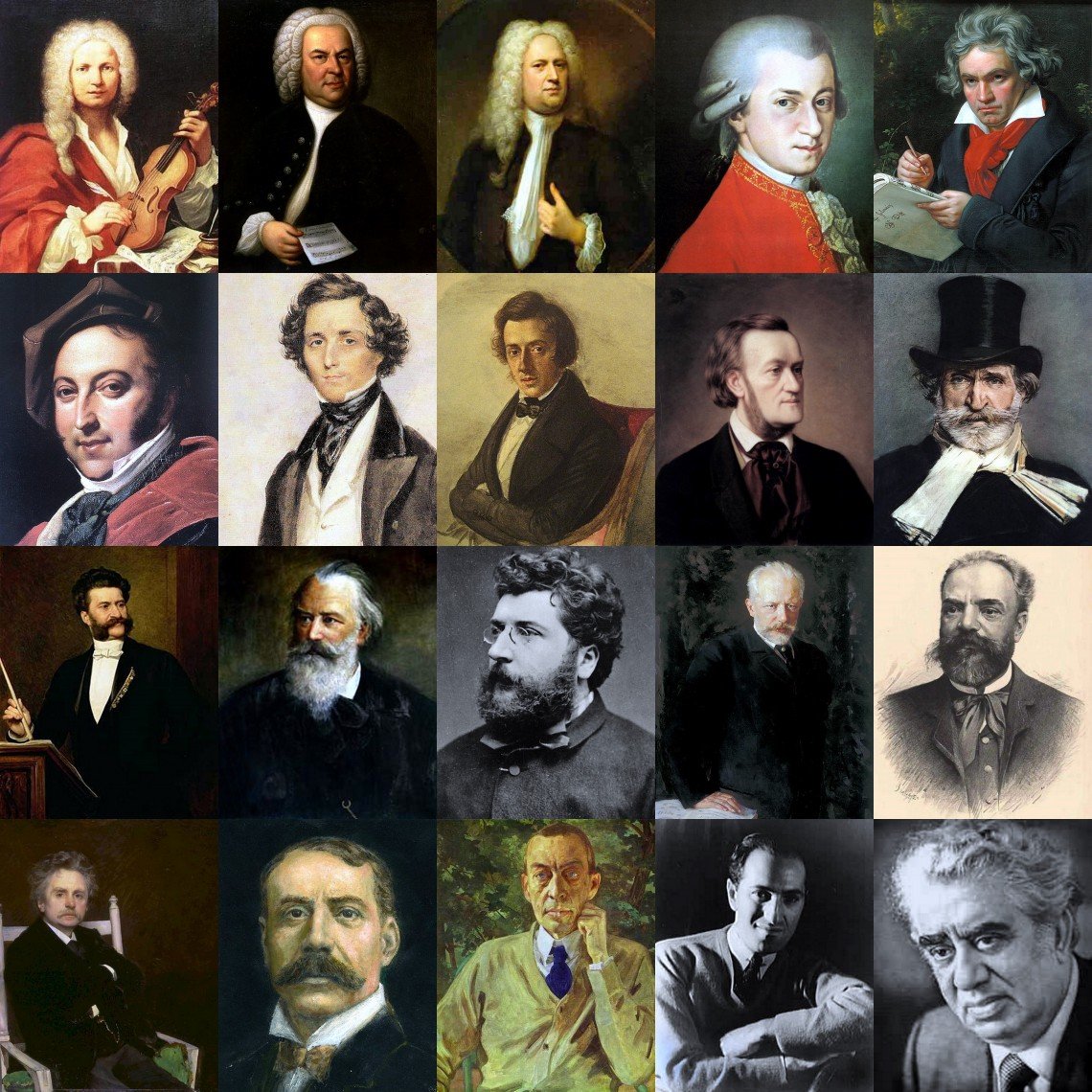Writing music for video games is both a creative and technical challenge. It’s about crafting sounds that enhance the player’s experience while aligning with the game’s story, emotions, and gameplay. Whether you’re a seasoned composer or just starting, there are key practices to help you create compelling and memorable soundtracks. Here are the best practices for writing music for video games.
Understand the Game’s Narrative and Style
Before writing music for video games, it’s essential to understand the game’s story, characters, and overall style. Ask the game developers about the mood they want to convey. Is the game action-packed, eerie, or lighthearted? Knowing the game’s themes helps you create music that fits seamlessly into the world.

Collaborate with the Development Team
Collaboration is key when writing music for video games. Work closely with the game designers, directors, and sound engineers to ensure your compositions meet their vision. Regular communication allows you to align your music with the pacing and atmosphere of the game. This partnership makes the final product cohesive and polished.
Focus on Dynamic and Adaptive Music
Video games are interactive, so the music must adapt to the player’s actions. Dynamic or adaptive music changes based on gameplay, such as shifting from calm exploration to intense battle sequences. This approach keeps the experience engaging and immersive. Plan your compositions with transitions that flow smoothly between different scenarios.
Know Your Game’s Platform and Limitations
Different gaming platforms have varying technical limitations. For instance, mobile games often have storage constraints, which may require smaller audio files. On the other hand, high-end consoles can handle more complex compositions. Understanding these limitations ensures that your music works effectively within the game.
Create Memorable Themes
A strong theme is crucial when writing music for video games. Memorable melodies stick with players long after they’ve finished the game. Think about iconic video game soundtracks, such as the “Super Mario” theme or “The Legend of Zelda” motif. These themes enhance the game’s identity and evoke nostalgia.
Incorporate Ambient Sounds
In some cases, ambient sounds are more effective than traditional music. For open-world games or exploration scenes, subtle background sounds can add depth and realism. For instance, soft wind, rustling leaves, or distant animal calls can make the game environment come alive without overshadowing the gameplay.
Use the Right Tools and Software
Writing music for video games requires specialized tools. Digital audio workstations (DAWs) like Ableton Live, FL Studio, or Logic Pro are commonly used for creating game soundtracks. Additionally, tools like FMOD and Wwise help implement your music into the game, allowing it to respond dynamically to gameplay.
Experiment with Different Genres
Video games encompass a wide variety of genres, from fantasy to sci-fi. Your music should reflect the game’s setting. For example, orchestral pieces work well for epic adventures, while electronic music suits futuristic games. Don’t be afraid to mix genres to create a unique sound that stands out.
Test Your Music in the Game
It’s essential to test your compositions within the game environment. Playing the game with your music allows you to identify areas for improvement. Does the music enhance the gameplay? Does it transition smoothly? Testing ensures that your soundtrack complements the overall experience.
Stay Open to Feedback
Feedback is invaluable when writing music for video games. Be open to suggestions from the development team and players. Constructive criticism helps you refine your work and improve as a composer. Remember, collaboration is a learning process, and every project helps you grow.
Conclusion
Writing music for video games requires a combination of creativity, technical knowledge, and collaboration. By understanding the game’s narrative, focusing on adaptive music, and working closely with the development team, you can create soundtracks that elevate the player’s experience. Remember to stay flexible, test your work, and embrace feedback. With these best practices, you’ll be well-equipped to craft unforgettable video game music.











